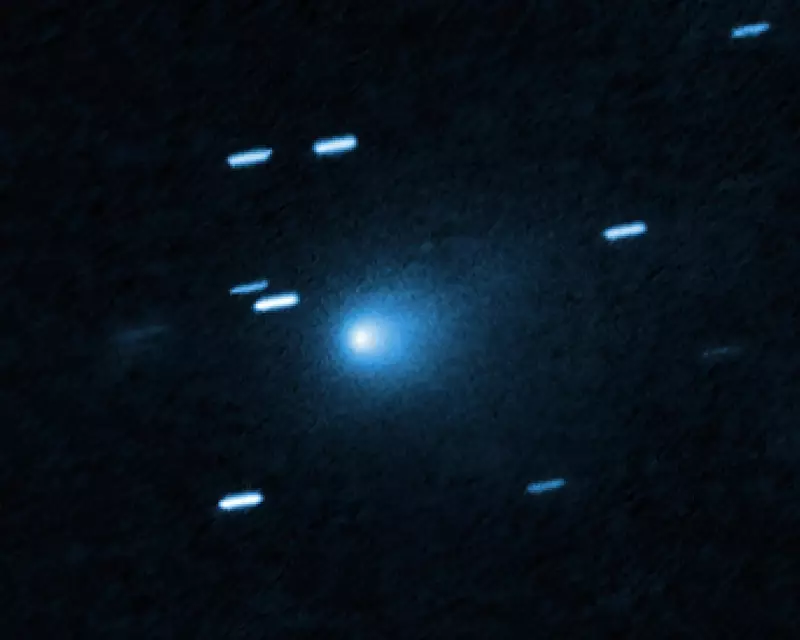
British astronomers are currently monitoring one of the rarest celestial events in modern science - a comet that has travelled from beyond our solar system, offering an unprecedented opportunity to study materials from another star system.
Cosmic Messenger From Deep Space
This extraordinary interstellar visitor, believed to have originated around another star, is being closely tracked by telescopes worldwide. Unlike regular comets that orbit our Sun, this mysterious traveller carries chemical signatures that could reveal secrets about how planetary systems form across the galaxy.
What Makes This Comet Special?
This isn't the first interstellar visitor scientists have encountered, but it represents a crucial opportunity to build on previous discoveries. The comet appears to be remarkably similar to comets within our own solar system, challenging previous assumptions about interstellar objects.
- Chemical composition analysis could reveal universal building blocks of life
- Comparative study with our solar system's comets
- Insights into planetary formation processes across different star systems
British Astronomy at the Forefront
UK research institutions are playing a leading role in analysing data from this cosmic visitor. The comet's surprising similarities to local space objects suggest that the processes forming planetary systems might be more universal than previously thought.
"This gives us a piece of another planetary system to compare with our own," explained one researcher involved in the tracking efforts. "We're essentially holding up a mirror to our solar system's history."
The Scientific Goldmine
- Origin tracing - Determining which star system the comet came from
- Chemical fingerprinting - Analysing its molecular composition
- Formation insights - Understanding how other planetary systems evolve
- Life's ingredients - Searching for organic compounds common across star systems
The ongoing observations represent a landmark moment in astronomical research, potentially rewriting our understanding of how common - or unique - our solar system really is in the vast expanse of space.





